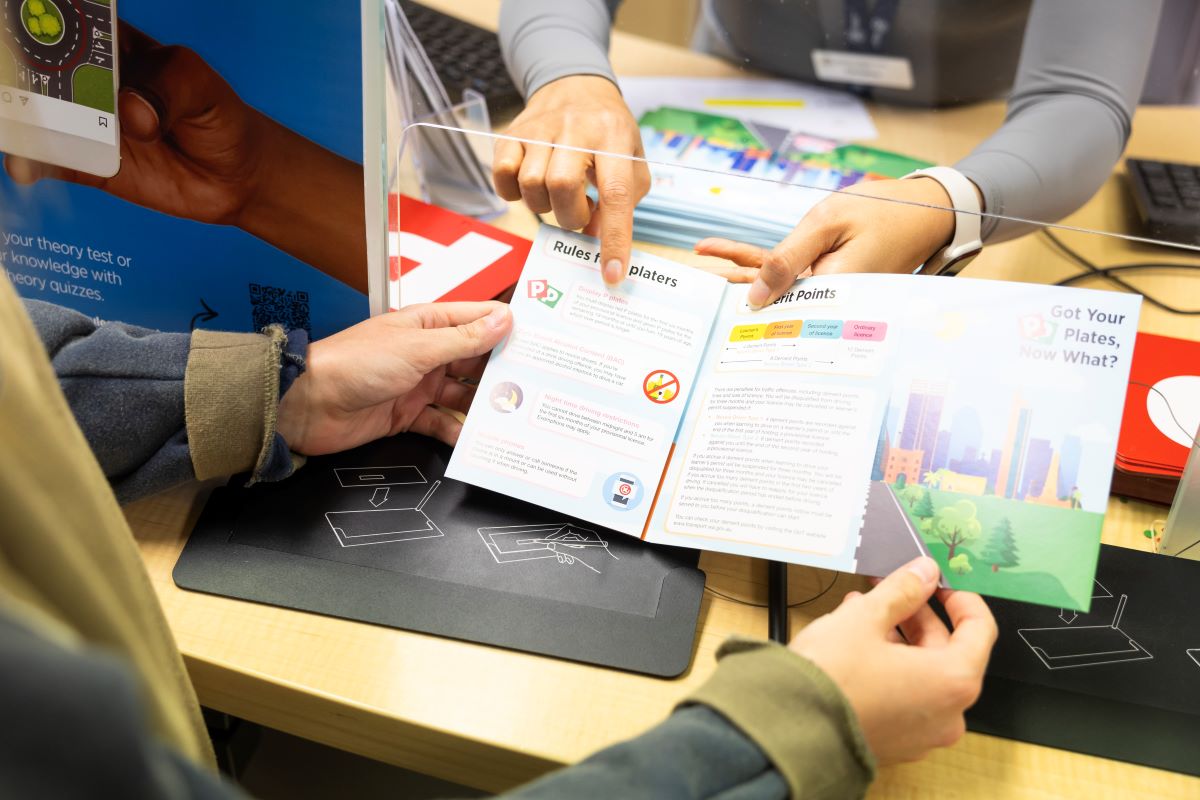Essential cookies help make a website navigable and must be enabled for the website to function.

Tom was a 15-year-old backseat passenger killed in a car crash in 2021. The driver was a red P-plater and the car was overloaded with young people.
Introduced in 2024, Tom's Law aims to reduce death and serious injury on WA roads by limiting red P-plate drivers to one passenger.
To improve driver and road safety outcomes, we are reviewing WA’s Graduated Licensing System that prepares and assesses learner drivers in WA.
We want to hear from you about proposed changes to this system to better prepare learner drivers for solo driving.
Getting your licence brings a newfound sense of freedom and opportunity. It also signals the riskiest time in your driving career: driving solo for the first time or with passengers who aren’t your supervisor or instructor.
These tips will help keep you and others safe.
Wearing a seatbelt is one of easiest ways to protect yourself. As the driver you’re responsible for ensuring all passengers wear a seatbelt or child restraint and you can only carry as many passengers as available seatbelts.
You’re 10 times more likely to be killed in a crash if you’re not wearing a seatbelt.
Being distracted behind the wheel – particularly by using or looking at a mobile phone, by your passengers or by eating – is dangerous.
Two seconds of distraction at 60 km/h equates to 33 metres driving blind.
Your driving speed affects both the risk of being involved in a crash and the likelihood of death or serious injury if you crash. Follow the speed limits and drive to the conditions.
Every 5km/h above the speed limit in a 60km/h zone doubles your risk of being injured in a crash.
Regional roads differ from city and local roads that you’re used to. Broaden your driving experience when learning with your supervisor, especially with different road surfaces, traffic and weather conditions.
In WA, a disproportionate number of road fatalities and serious injuries happen on regional roads.
Driving tired can slow your reactions. If you start yawning, blinking more than usual, drift from your lane or zone out, you need to pull over. A tired driver can drift in and out of sleep, called a micro-sleep, without realising.
A micro-sleep of five seconds at 110km/h is like travelling the length of an Aussie rules football field with your eyes closed.
The Department of Transport and Major Infrastructure is reviewing WA’s Graduated Licensing System (GLS) that prepares and assesses learner drivers in WA to improve driver and road safety outcomes.
We’re looking closely at how we assess driver ability, how many logged driving hours are needed before taking a driving test and other ways we can better prepare learner drivers for solo driving.
The community consultation for the review has now closed and we thank those who made submissions. We are analysing all community feedback which will inform the development of recommendations for changes to the GLS which will be provided to government for consideration.

Ben and Tom were best mates. They grew up together. Ben was also 15 years old when he learned that his best mate had been killed in a car crash. Ben’s message to new drivers is simple:
“Drive like your mate’s life depends on it. Because it does.”
No parent should need to bury their child. It started like any other day on the day when Samantha’s son, Tom, was killed as a passenger in a car crash. Samantha urges young drivers to drive like their mates’ lives are in their hands.
If you’ve been affected by road trauma, you’re not alone. The below services can assist you.
Road Trauma Support WA is a not-for-profit agency, delivered by the ICCWA and funded by the Road Trauma Trust Account with contract management through the Road Safety Commission WA.
For more than 20 years, people in Australia have placed their trust in Beyond Blue as a reliable source of mental health information, support, and hope.
Lifeline WA provides all Western Australians experiencing a personal crisis or thinking about suicide with access to 24 hour crisis support and suicide prevention services.
Hi, I’m T-Bot! How can I help you?
Welcome to T-Bot, the Department of Transport and Major Infrastructure's (DTMI) AI chatbot.
T-Bot is designed to answer your Transport related questions and help you find information on this website.
Its answers are not legal advice or substitutes for professional advice.
By opening the chatbot you are agreeing to these terms:
The chatbot may collect personal information for improving the user experience (see DTMI's Privacy Policy). Please avoid sharing Personally Identifiable Information when using this chatbot.